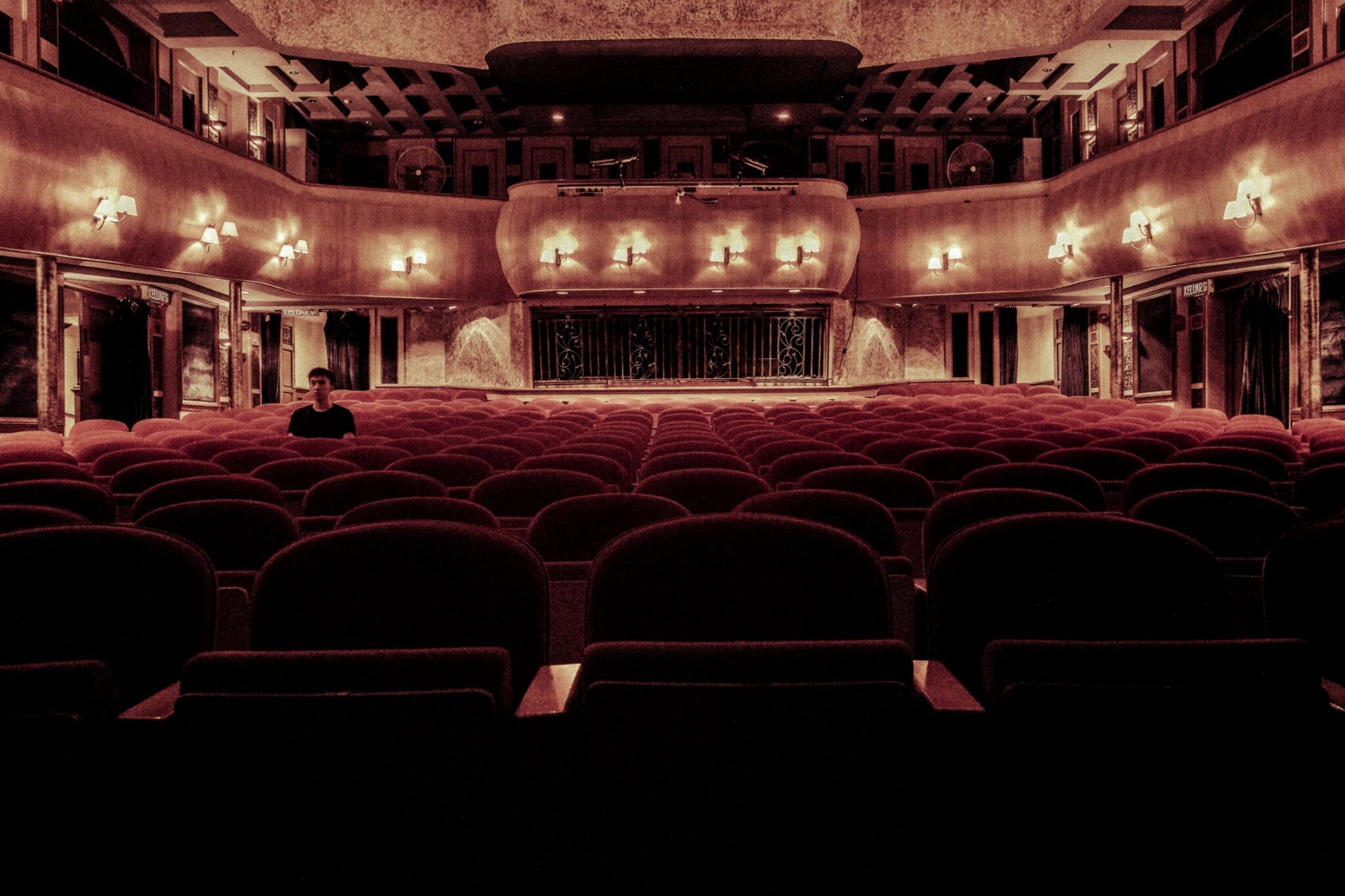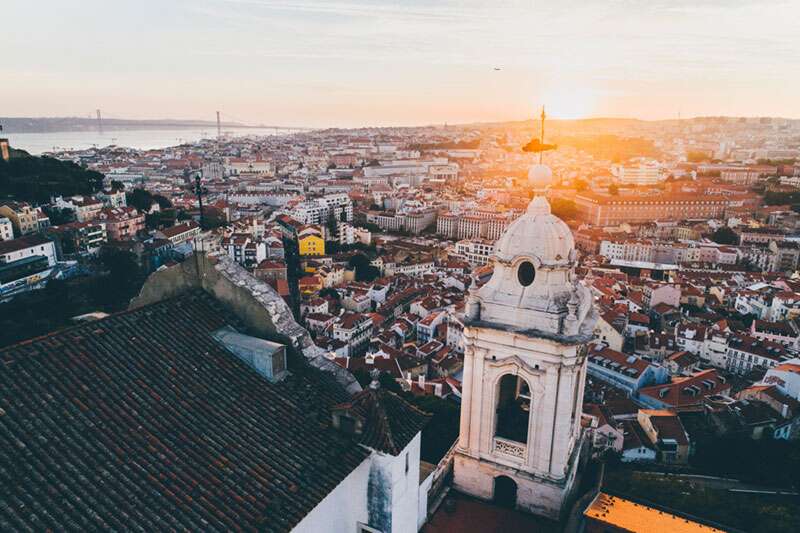Portugal – Film, Literature, and Theatre
Film and Theatre
Drama and theatre haven’t really been a major part of Portuguese culture all until the 20th century, when a new form of drama emerged and became hugely popular among the Poruguese. Called “Revista,” this new style incorporated comedy, drama, and satire in a way that resonated with Portugese viewers. Gil Vicente was one of the founders of Portuguese dramatic traditions.
Since then, theatre and drama have grown and expanded, and nowadays you can see almost any type of theatre in Portugal. The Portugese presence in film and theatre is also internationally relevant, as Portugal hosts the prestigious Theatre Festival of Almada.
The Portugese cinematic tradition originates with the advent of film in the 19th century.
António Lopes Ribeiro, António Reis, Pedro Costa, Manoel de Oliveira, João César Monteiro, are some of the most notable Portuguese directors. Portugese films are known for depiction of serious or dramatic issues through a lens of artistic expression.
In spite of all of this, Portuguese movie scene is rather small nowadays, with an average of ten films produced each year, and Portuguese movies rarely get exported.
-

- Portugal – Film, Literature, and Theatre
-

- Portugal – Film, Literature-, and Theatre
Literature
Portugal has a proud history of rich and varied literature. It is one of the oldest European literature’s, that has developed through its early days through both text and song. The Portugese-Galician Troubadours were responsible for bringing Portugese literary and musical influence to every part of the Iberian Peninsula, even after they ceased to be very active in the mid-14th century.
During the Age of Discovery in the 15th and 16th century, Portugese mariners, missionaries, and colonists carried Portugese literature all over the world, making Portugal a globally-relevant cultural presence. These expeditions worked both ways, as they brought foreign literature traditions and influences to Portugal as well. They have also helped expand Portuguese language to other countries.
Portugese literature inhabits every genre, but its poetry, renaissance dramas, realist novels, and the detailed historical accounts documenting the rulers and conquests of Portugal are the literary categories that contain the greatest body of influential Portugese work.
Modern Portugese Literature boasts a relatively great number of female writers, and is currently undergoing a resurgence in novels and poetry, heavily influenced by both neoclassic and contemporary styles.
José Saramago, one of Portugal’s most well-known authors, was awarded the Nobel Prize for literature in 1998.







